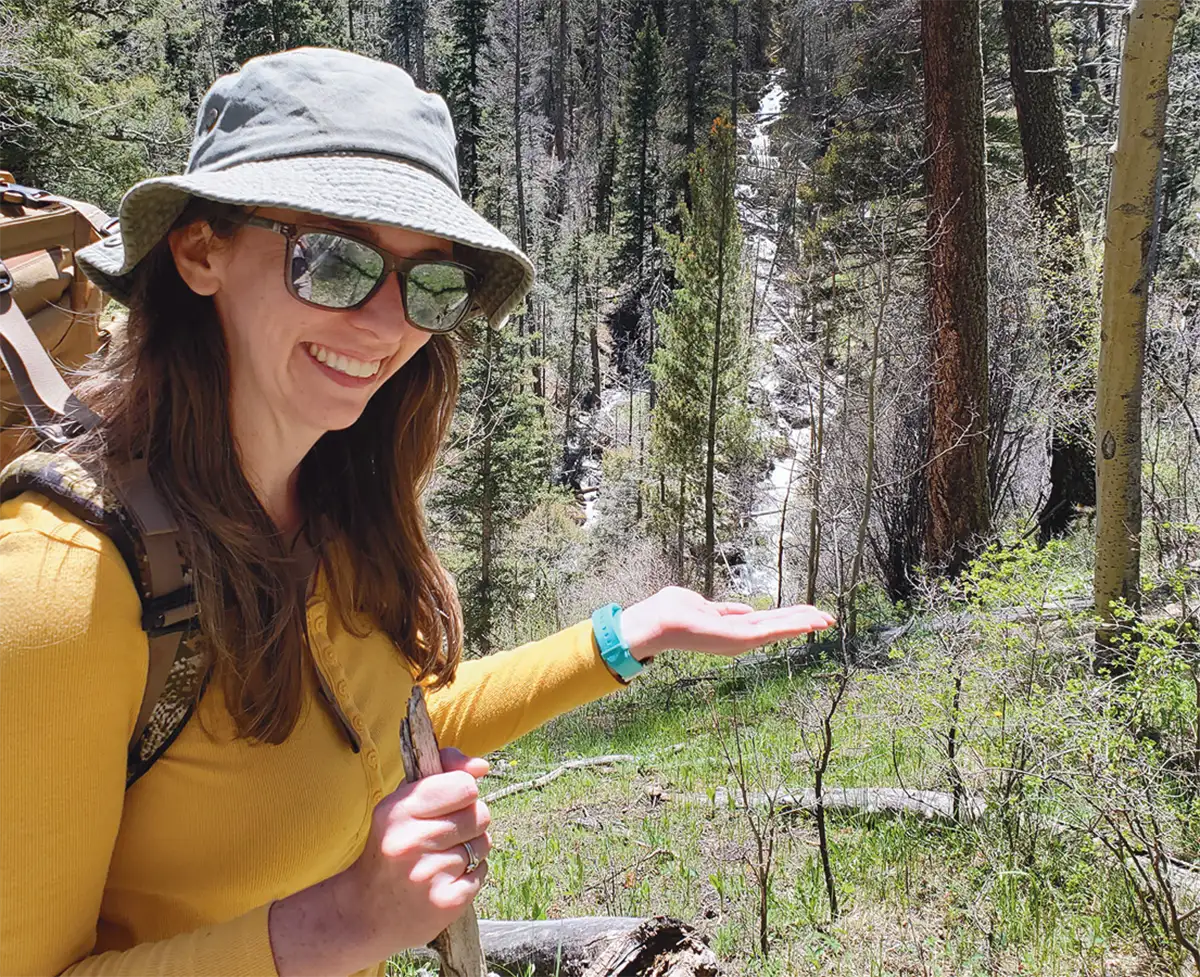

Finding Your Place in Conservation
ats weren’t Erin Cord’s first wildlife love. She was very fond of one of their food sources: insects. As an undergraduate, Cord took classes in entomology—a surprising choice, given her childhood fear of insects. But studying the creatures in an academic setting rather than meeting them by chance gave her an entirely new perspective.
“All of a sudden, I realized, ‘They’re awesome!’ That was the spark that excited a passion for wildlife,” she says.
After graduating with a double major in Wildlife Conservation and Entomology, Cord, now the Community Engagement Manager for Bat Conservation International (BCI), hopped from job to job doing fieldwork for wildlife research projects. Eventually, she enrolled in graduate school and continued her work with conservation and insects.
“I learned so much, but I also realized that I’m a much better science communicator than a scientist,” she says. “I spent so much time in the lab by myself doing tedious work. It was a bit lonely, and my favorite moments were when I was sharing my research with others. I realized I could make a larger impact if I pivoted more towards science communication and environmental education.”
With this new career path in mind, Cord completed her master’s degree and moved to Austin, Texas, to “cultivate an interest in everything conservation-related.” She worked different jobs looking for her niche. During the process, she became well-acquainted with the local bat colonies.
In 2019, she joined BCI to run Bat Walks, a nationwide outreach program that connects communities with their local bat populations through education. Then the pandemic hit. Pivoting from in-person programming, Cord and her colleagues at BCI sharpened their focus on bolstering justice, equity, diversity, and inclusion within the organization’s engagement initiatives. “We wanted to start doing more intentional work to include different communities in the conservation conversation,” Cord says.
These days, Cord handles outreach and engagement programs beyond Bat Walks, finding new ways to work with community organizations nationwide.
“A lot of this program is identifying partners in places where we have conservation work or needs, then figuring out if there’s an opportunity for collaboration,” says Cord. “It’s a new approach for us, and it’s a learning space. But it feels meaningful to think about ways that we can support organizations that are doing impactful work and help bats at the same time.”
Cord’s exploratory journey that led to her work at BCI demonstrates the many ways to get involved with conservation—you don’t always have to be a scientist with a Ph.D.
“Sometimes it takes a while to figure out your strengths. It’s okay to try different things and to admit that maybe what you’re doing isn’t the best fit for you,” Cord says. “If you have the passion and the drive, you’re going to find your niche, and it’s going to be something you love doing. That’s why we’re all here. We all feel passionate about conservation—and everybody is welcome.”